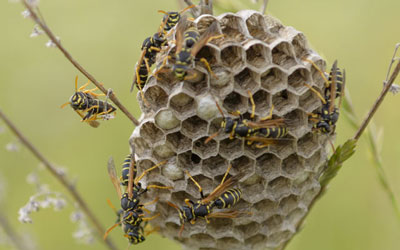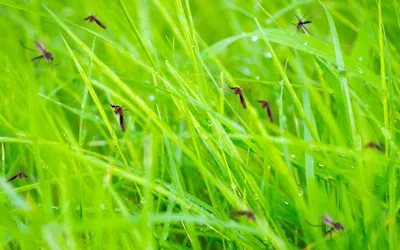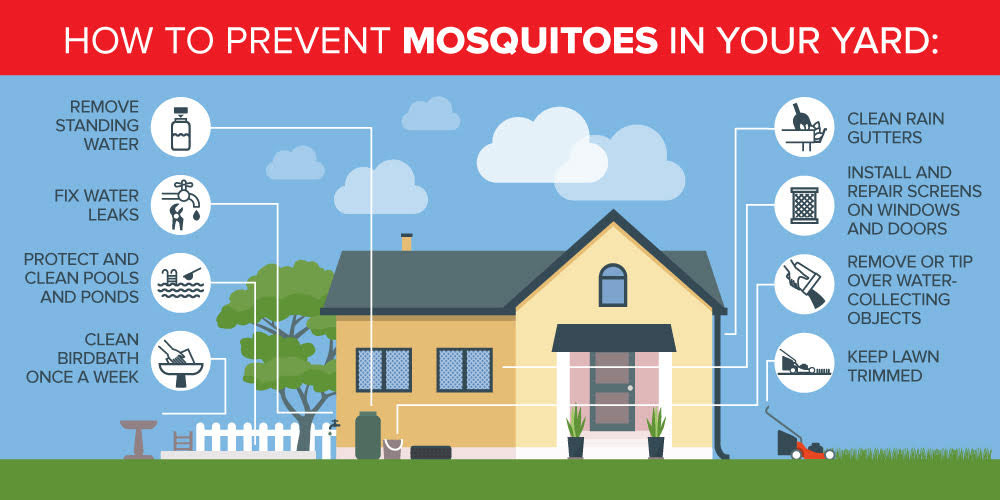During the summertime in Knoxville, insects are a fact of life. Wasps are one of the most common summer insects that are encountered. In nature, they’re a perfectly normal part of the environment. In fact, certain wasps are beneficial in several ways. However, they can become a nuisance when they build their nests on the sides of homes or buildings. In the late summer months, wasps can become more aggressive as their colonies grow and resources begin to dwindle. It can be difficult to identify wasp species. The easiest way to do so is to know what their nests look like. The team at Russell’s is here to share expert tips on identifying different types of wasp nests you may see near your property this summer.
Wasp Nest Identification Tips
To identify a wasp, it’s crucial to know how to identify their nest! Here’s what to know:
- Yellowjackets. Likely the most common nest you may see, yellowjacket nests are a papery material and have a single opening. The inside of a yellowjacket nest can have up to 100 tiers of cells. Yellowjackets can also build underground nests that can be enormous in size.
- Paper wasps. These nests famously look like upside-down umbrellas. Paper wasp nests are often open, and can get quite large in size. They are typically supported by a single stalk and consist of a paper-like material.
- Mud daubers. True to name, female mud daubers construct their nests out of mostly mud. The nests are small and tubular in size, often looking like organ pipes. They are typically found in cracks or crevices.
- Bald-faced hornets. These nests are almost always at least three feet off the ground. They are made of chewed wood fibers mixed with saliva. They often grow to be the size of a football or basketball.
When do Wasps Make Nests?
Wasps usually begin to build their nests in April. This is the time of year when certain queen wasp species awaken from the winter and begin nests. Once the queen wasp has chosen a location and built the nest, the queen will lay her eggs inside. Once they hatch, the larvae will be fed until the colony starts to grow in size. Nests typically become full size in the late summer. Certain wasp species will outgrow their nests and swarm, which is when people encounter stinging insects most often.
Can You Remove a Wasp Nest on Your Own?
It’s not recommended to try to knock down a nest on your own. Even when a nest appears inactive, there could be dozens of stinging insects inside. Certain types of wasps will not hesitate to sting you repeatedly when they feel their nest is under threat. For this reason, our team always recommends calling a professional wasp removal expert for assistance.



